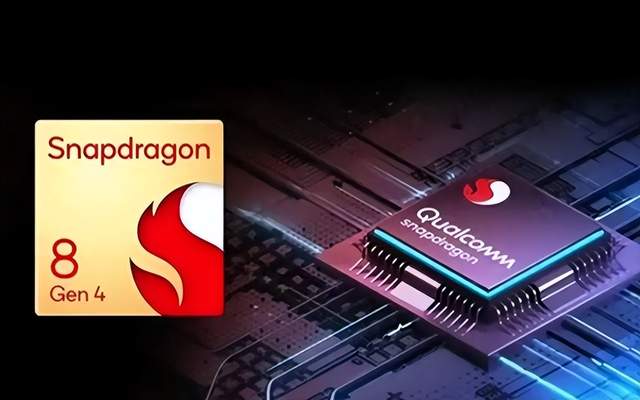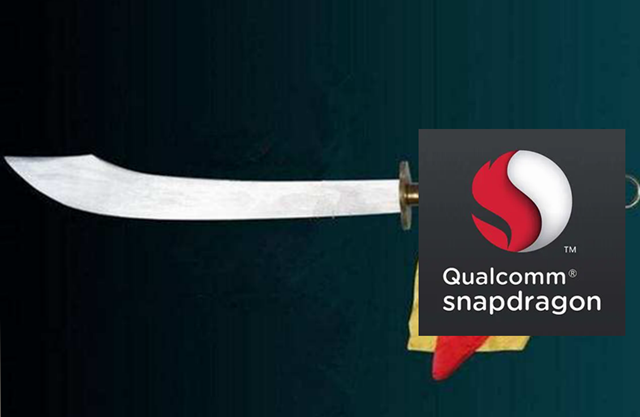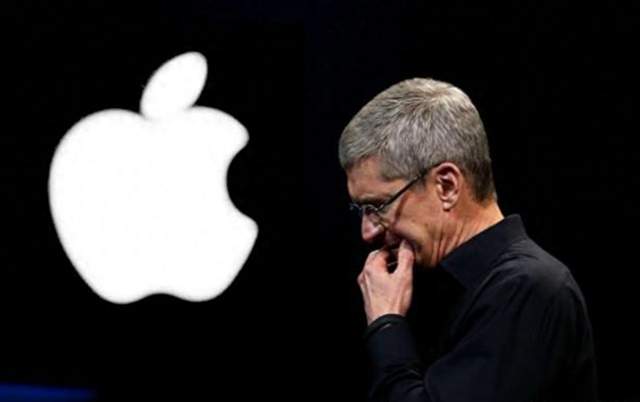Apple chip flips Apple chip? Reality is really possible, Cook may not be able to maintain his reputation
![]() 09/12 2024
09/12 2024
![]() 726
726
After Apple's A18 processor failed to meet expectations, another chip company is set to release a new chip in October this year. The industry is eagerly anticipating this chip to truly surpass Apple and become the world's strongest mobile chip. It will also mark the first time an Android chip truly surpasses Apple. Notably, this chip has Apple bloodlines, so it can be said that an Apple chip is flipping another Apple chip.

The chip will be released by Qualcomm, which has named it Snapdragon 8gen4. It will mark Qualcomm's return to using its self-developed cores instead of ARM's public cores. Qualcomm has named these cores Oryon, derived from the nuvia company acquired several years ago. Snapdragon 8G4 is rumored to have astonishing benchmark scores.
According to Geekbench data, the Snapdragon 8G4 scores 3236 and 10049 points in single-core and multi-core tests, respectively. In comparison, Apple's A18 scores 3114 and 6666 points, respectively. This means that the Snapdragon 8G4 outperforms the A18 in both single-core and multi-core performance. Previously, Qualcomm and MediaTek chips surpassed Apple's A-series processors only in multi-core performance, lagging behind in single-core performance.
The Snapdragon 8G4's single-core performance is particularly impressive, with a significant 40% improvement over its predecessor, the Snapdragon 8G3, which scored around 2300 points. This remarkable performance can be attributed to Qualcomm's self-developed Oryon cores, which are powered by technical expertise brought in by former Apple employees.
Gerard Williams III, the founder of nuvia, once served as Apple's Chief CPU Architect, and several other key employees also came from Apple's A-series processor development team. Due to nuvia's unique technical advantages, Qualcomm acquired it for a substantial sum just two years after its establishment. Now, it's time for Qualcomm to reap the benefits of this acquisition.

While Qualcomm's chip performance has improved significantly, Apple's processors have been lackluster. From A14 to A17, each generation has seen around a 10% performance increase. The A18, despite significant effort, only managed a 15% boost. This contrasts sharply with Apple's previous generations, which typically saw 20%-230% improvements. It appears that Apple has become complacent in its chip technology research and development.
In fact, the A18's performance falls far short of expectations. It uses TSMC's improved N3E process, resulting in a 15% CPU performance boost. However, GPU performance improvements are limited, with only around a 20% increase despite the addition of an extra core to the GPU (from 5 to 6 cores). This suggests that without the extra core, there would have been no GPU performance gain at all, indicating a lack of focus on chip technology R&D at Apple.
This may be related to the disintegration of Apple's A-series processor development team, including the talent exodus from nuvia, which was partly composed of former Apple A-series team members. The timing of this talent loss aligns with the limited performance gains seen in Apple's processors since the A14. This suggests that the remaining talent at Apple may lack the chip design capabilities needed to continuously improve performance.
Apple's former CEO Steve Jobs was renowned as a technological genius, not only because of his own skills but also for his ability to gather a team of geniuses. However, under Tim Cook's leadership, many of these geniuses have left the company, including iOS founder Scott Forstall and Chief Design Officer Jony Ive. The exodus of A-series processor development talent is just another example of this trend, contributing to Apple's declining innovation.

If Qualcomm's Snapdragon 8G4 proves to be as powerful as rumored, sales of the iPhone 16 may be in jeopardy, further exacerbating the decline in iPhone sales. This could lead to Tim Cook retiring during a period of declining performance for Apple, marking a tarnished legacy for the CEO who has led the company since 2011 and previously oversaw its many successes. However, iPhone sales have been steadily declining since two years ago, and it seems unlikely that Cook will be able to reverse this trend.








